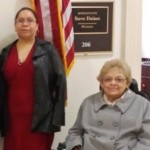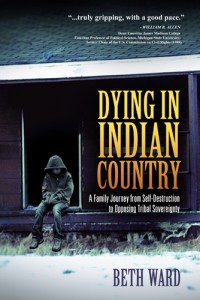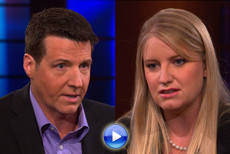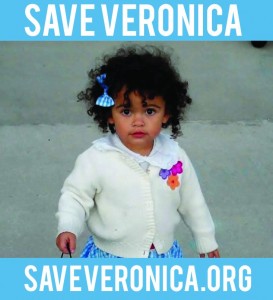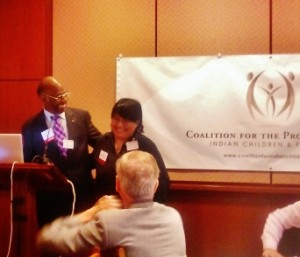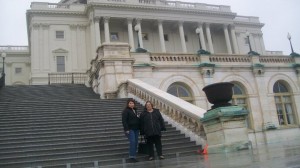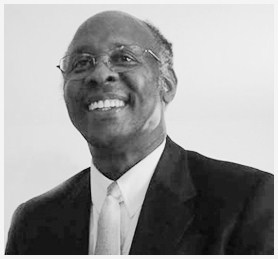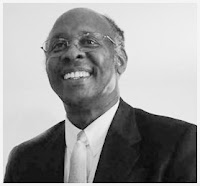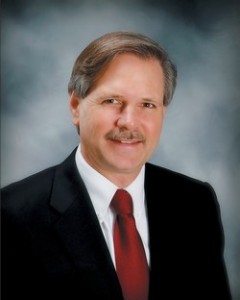by Elizabeth Sharon Morris
The dust is just beginning to settle from our most recent trip to Washington, D.C., Feb 4-8, 2013, where we spent five days visiting lawmakers to talk about the Indian Child Welfare Act and how it infringes on the rights of children and parents across our nation. Five CAICW members, all of whom have been affected by the Indian Child Welfare Act (ICWA), joined me to share their stories and to advocate for positive changes to this law.
Our group met up in Washington on February 4 eagerly prepared to attend the 20 or more appointments that I had arranged prior to our departures. During the week we also managed to squeeze in a number of drop-in visits. As expected, our message was met with a range of responses.
We want to thank all of the lawmakers and their staffs for taking time to listen to our message. We met with at least 55 offices—35 Representatives and 20 Senators. We had meetings with the staff of 9 of the 14 members of the Senate Committee on Indian Affairs and with staff of the two ranking leaders of the House Indian Affairs and the Senate Indian Affairs committees, as well as 3 of the 4 co-chairs of the adoption caucus. For those of you interested, a complete list of offices we visited and their general reaction to our positions can be provided in a chart by request.
What We Shared
In connection to the necessary changes to the ICWA, we talked about several serious matters that impact families and children in Indian Country. We brought attention to the recent BIA takeover of children’s services on the Spirit Lake Reservation after the murder of 2 children exposed serious deficiencies in the tribal child welfare system and rampant child abuse. We pointed out that these problems are not isolated to this reservation, and that like Spirit Lake, many tribal governments and agencies are totally unequipped to handle these problems. We also brought attention to the Native Mob gang and the current trial taking place, as well as other organized gangs that are active on reservations in five states. Gang activity has rapidly increased over the past decade and it has a direct impact on all tribal members, but mostly on the young people who seek out gangs as a replacement for the families they do not have. Gangs are now well organized crime operations that are responsible for much of the violence, drug trafficking and use, gun running, and sexual recruitment of children and women.
We also discussed the serious implications of the Violence Against Women Act. While many only understand the impact of the ICWA on adoption cases in this country, more and more people are beginning to understand that the ICWA also contributes to much larger and much more serious problems affecting Indian Country.
Trapping more and more children and families in the dangerous confines of reservation life is doing nothing to serve the best interest or welfare of the children, their families or to preserve traditional culture. It is vital that we all come together and talk as a community.
As in the past, we started our presentations by sharing stories of families that have been hurt by the ICWA. We pointed out that even parents of 100% tribal heritage have the right to determine where their children should be placed as long as the home is safe—and heritage is simply a data point, not a definition of who you are. An increasing number of individuals and families of tribal heritage are voicing reluctance to live within reservation boundaries. Many are opposed to overreaching laws, which interfere with private family affairs, such as the ICWA and other laws being written into new tribal constitutions. The ICWA and the Native Nation Building Movement, which encourage and promote individual tribal constitutions over the U.S. constitution, interfere with basic U.S. Constitutional rights of U.S. citizens who also happen to have tribal heritage.
We stressed to lawmakers that the ICWA works more to promote the tribe then the best interests of children. We urged everyone we visited with to take up these discussions and to work to seek positive reforms to protect and strengthen families across the nation.
Sierra Shares Lessons on Indian Adoption
The Campbell family, Carol, Gene and Sierra bravely shared their heartbreaking and dramatic story. Sierra and her adopted parents openly spoke about how Sierra was abused and used sexually as a child. Sierra recounted how she was first given to a man at the age of ten and how her younger sister was used in the same manner. Sierra explained how she attempted to run away over a dozen times and begged to be returned to the only family she ever felt safe with and knew she was loved—the Campbells. She told how while in a tribal foster home she was ultimately cut down from a rope she used in attempt to hang herself.
Jon Tevlin of the Star Tribune recounts Sierra’s dramatic story and covers her family’s recent trip to Washington to advocate for changes to the ICWA in an article that can be read at: http://www.startribune.com/local/190953261.html?refer=y
Steps You Can Take to Bring Positive Change to Indian Country
Contact your representatives in the Congress and Senate and encourage them to take action in regards to amending the ICWA and bringing serious changes to Federal Indian Policy. It is especially important to contact lawmakers who serve on the Senate Committee on Indian Affairs.
- URGENT: Contact your senators and ask them to contact Paul Wolf in Senator Cantwell’s office to request that the ICWA be placed on Senator Cantwell’s agenda for this session. The agenda is being prepared and set NOW. If the ICWA is not put on her agenda for this session it will not come up for discussion this year nor probably next.
- Urge your senator to contact Paul Wolf in Senator Cantwell’s office to press for hearings on the Spirit Lake Reservation and other reservations where child abuse and child sexual abuse is rampant.
- Inform your neighbors, friends and families of the importance of bringing POSITIVE CHANGE to Indian Country. Many U.S. citizens have no idea how the ICWA, the Violence Against Women Act and issues of tribal sovereignty impact all of us as U.S. citizens.
- Continue to pray for everyone negatively affected, intentionally or non-intentionally by the ICWA, Violence Against Women Act and Federal Tribal Policy. Especially pray for the children who have no voice or representation in their own well being. And please pray for us as we work to bring these issues forward.
